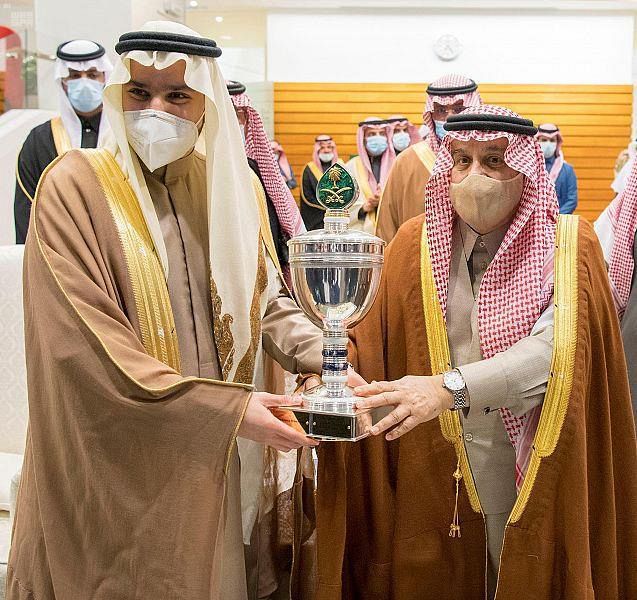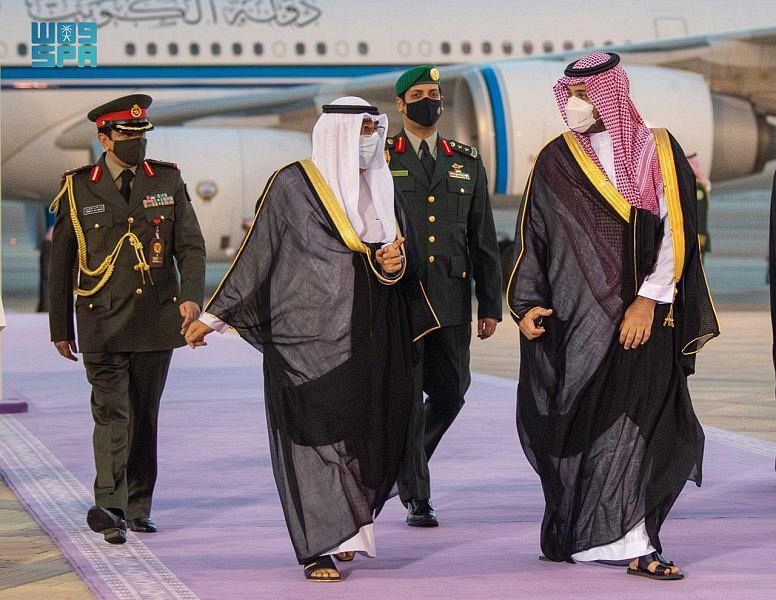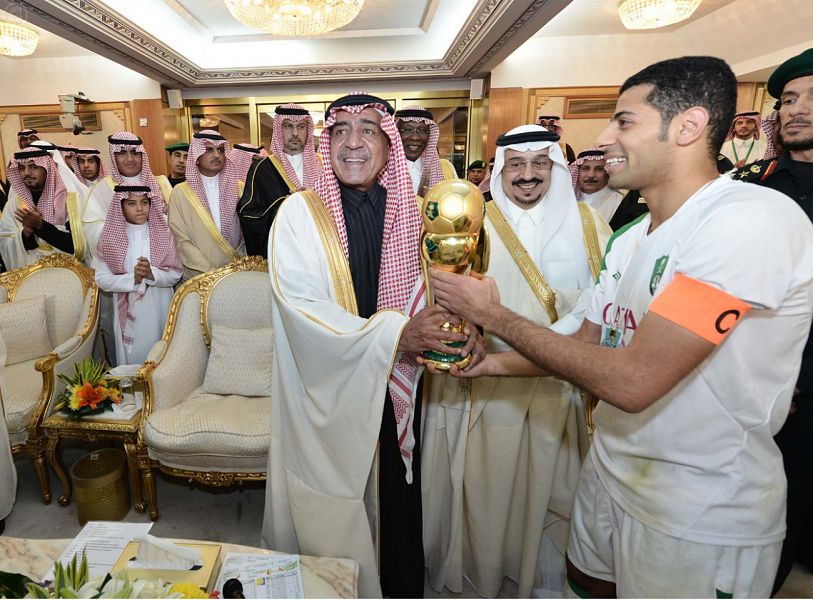
After two years of blanket cover from Donald Trump, a new US president has officially blamed Mohammed bin Salman for the most savage political slaying of modern times and brought the Saudi heir’s unchecked run with Washington to a humiliating halt.
Joe Biden’s confirmation that Prince Mohammed approved the butchering of Jamal Khashoggi bluntly ends the era of bromance between his predecessor and the kingdom’s de facto leader, and signals a very different relationship with a new administration.
But the decision to avoid penalising the crown prince was seen in Riyadh as a validation of the weight it still holds even with officials hostile to it. Despite being a pariah, it remains a key player and given what could have transpired, the mood in the Saudi capital on Friday night was one of relief.
The much-anticipated report did little more than put the CIA’s name to the blindingly obvious conclusion that Prince Mohammed was too powerful not to have authorised an assassination carried out by his most trusted aides. In the kingdom’s halls of power, the carefully worded document was seen as offering nothing to support its main finding.
The US Treasury sanctions that followed targeted the hit squad sent to Istanbul and a deputy intelligence chief accused of mobilising it, but stayed clear of the man at the centre of the inquiry. Riyadh had lobbied intensively that the price for penalising Prince Mohammed would be a rupture and it appears to have won the day. US officials conceded that the cost of tougher measures, which were seriously considered in recent weeks, would be too high. The relief in the royal court was palpable.
For Riyadh, the contrast between the early weeks of Trump’s term in office and those of his successor could not be more stark. In early 2017, King Salman and Prince Mohammed were preparing to receive Trump as a conquering hero, and revive a historical friendship that had been shelved by Barack Obama with his pivot towards Iran.
Trump was bestowed with the kingdom’s highest honour. The grand reception took place next to the hotel complex that was later used to shake down the Kingdom’s business elite in a powerplay that helped consolidate Prince Mohammed.
He remained central to the Trump administration’s regional plays; a bulwark against Iran, and a patron of peace deals between Bahrain, the UAE and Israel, which could eventually lead to Riyadh itself formalising ties.
Cast forward four years, and Prince Mohammed again found himself dealing with a scandal he thought he had buried. Khashoggi’s murder had been caught by microphones hidden by Turkish intelligence officers – and had been hugely embarrassing and destabilising.
The sham trial of the hit squad that followed – all close aides of the crown prince – had bludgeoned his and the Kingdom’s image. All the while Trump had offered him full cover. “I saved his ass,” he said in early 2020, as controversy continued to rage.
Now all that was old was new again, and the US was going to punish him after all.
Such is the new administration’s distaste for the crown prince, there are suggestions of opposing his eventual ascension. For now, such an intervention is not a plan. But it remains on the wishlist of senior members of Biden’s team, some of whom prefer the staid certainty of earlier eras, with all its austere baggage, to Prince Mohammed’s unrestrained behaviour.
When King Salman finally took Biden’s call on Thursday, the US president championed human rights considerations that were shredded by Trump, but are now back in vogue, as is America’s claim to be a protector of universal human values.
There will clearly be no more of the impunity or easy blend of political favours and personal gain enjoyed under Trump. Nor will Biden’s chief envoy be a close family member with a business empire. Prince Mohammed identified with the Trump-Kushner way of doing business and, if the new administration’s reset turns into a full rupture, he has made little secret of his proximity to Vladimir Putin and the readiness of China to try to fill the void.
Benjamin Netanyahu also sees a partner in the crown prince, and less of an ally in Biden. Both may choose to pay lip service to Washington, while continuing to treat Iran as a prime regional threat, as the US aims to lure its leaders back to the nuclear deal
Allies and enemies of both countries will be watching closely from here, as will foes of Prince Mohammed, including loyalists of the man he ousted as crown prince, Mohammed bin Nayef, who has been under house arrest for more than a year. He and all other potential rivals have been ruthlessly sidelined. The gruesome murder in Istanbul has severely marked Prince Mohammed’s cards, but is yet to block his path to the throne.







